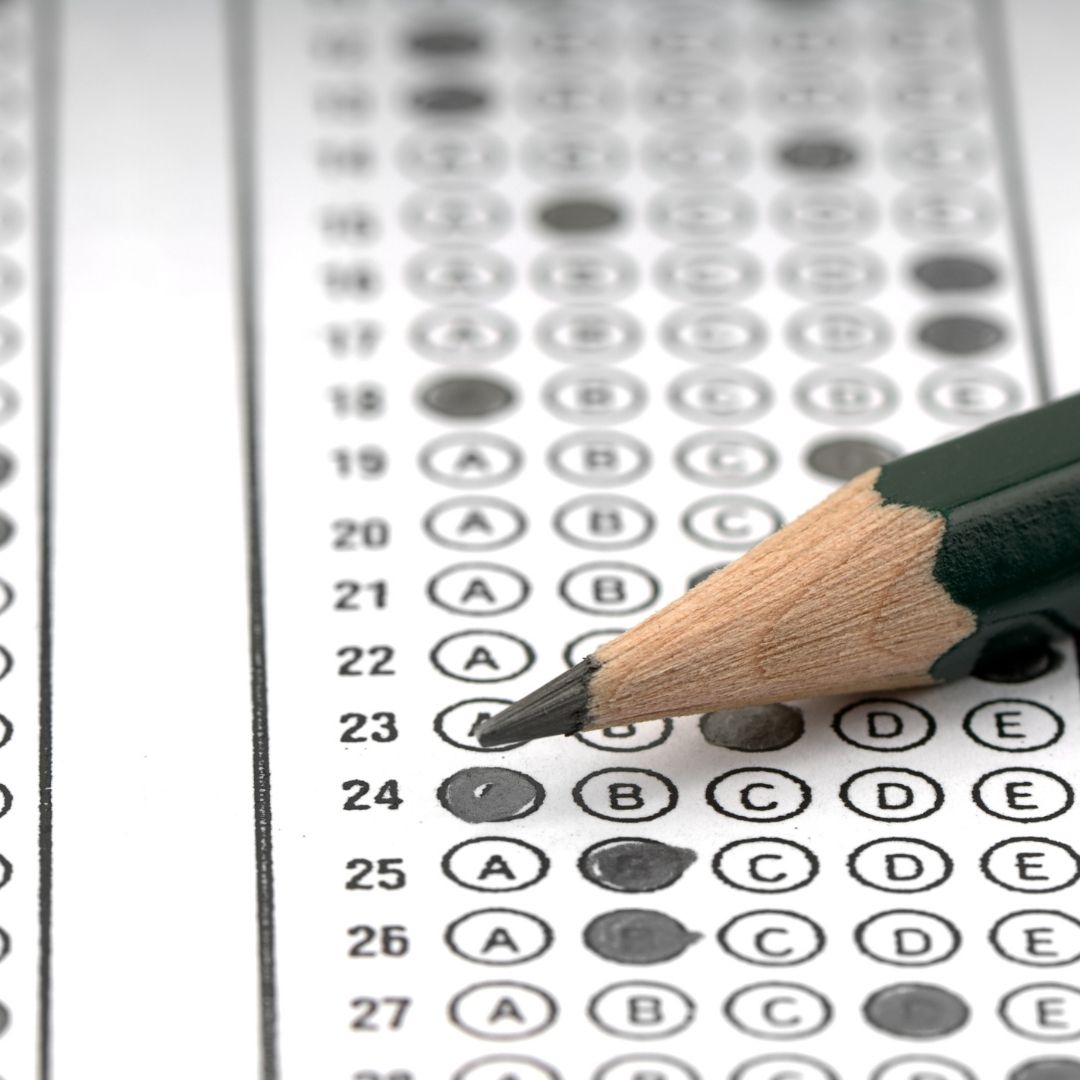Homework.
Those assignments, questions, problems, projects, papers that teachers give to students to complete outside of regular classroom time.
It seems to be part and parcel of the formal schooling experience. Students have homework. That's just the way school "works."
Yet, in spite of its seeming simplicity and central place within education, homework is quite a controversial issue. It has strong proponents and fierce opponents among administrators, teachers, parents, and students at all levels of education.
How much time is the average U.S. high schooler spending on homework each night?
How much homework is appropriate for high school students?
What's the difference between busy work and homework that is meaningful?
What should parents do when their students are feeling anxiety over the quantity of homework they're bringing home?
To shed some light on this debate, the following is a selection of excerpts from an interview with Dr. Janine Bempechat. She is an education researcher and professor at Boston University's Wheelock College of Education and Human Development. She has spent her long and successful career researching homework and its impact on teachers, parents and students, schools and school systems, and educational policies. She is the co-author of the book No More Mindless Homework and the recent Education Next journal article "The Case for (Quality) Homework."
Why is homework such a controversial issue?
"The debate about homework has been going on for a very long time.
One main issue is that there is some concern about the relationship between homework and academic achievement. In other words, if we give students homework, do they do better in school and on standardized tests? There are differences at the elementary level and at the high school level.
What we know at the elementary school level is that the relationship between homework and academic achievement is weak--meaning, there isn't no relationship, but there isn't much of a relationship. This weak relationship causes many to ask the question 'Why bother?' when it comes to assigning elementary students with homework when they could be spending time with family, doing other activities, etc. We bother because teachers and parents recognize that the elementary school years are when we can begin to foster the skills of self-regulation, such as planning, organization, and the ability to delay gratification.
As kids get older, the relationship between academic achievement and homework becomes much stronger. In other words, there is a very strong and positive correlation in middle school and high school between kids who complete their homework and how well they do in school and on standardized tests.
Many people raise the issue that all of this research is correlational, but my response to that is there is so much data in that direction that, at this point, it's difficult to refute though it is correlational. It's a very robust finding.
At the high school level, in particular, in more affluent communities, one reason why homework is now so controversial is that in these communities there is so much of it. Students report a lot of stress and anxiety and that's a real concern that parents and educators have been paying increasing attention to."
How much time does the average high schooler in the United States spend doing homework?
"Many people find it surprising that the average amount of time that a US high schooler spends on homework is less than an hour a day. People find that statistic surprising because the national discourse is about how high school students are so overwhelmed with homework--three, four, five hours of homework each night. But again, I think this is the reality in some (affluent) communities, not all."
Has the amount of homework high school students are being assigned changed over the last three decades?
"My children are grown and done with college and graduate school, but I remember being very surprised at the amount of homework they had as high schoolers. It was not the same as when I was in high school. I think it speaks to how much more competitive getting into certain colleges has become, and that is part of the problem.
Increasingly, it seems that there is a small number of elite schools that parents want their students to get into, and that has ramped up the admission competition. In fact, we live in a country with many wonderful, wonderful colleges and universities that it shouldn't be this way but it has become this way."
Does research show what the ideal amount of time a high schooler should spend on homework is?
"Yes, there's very good research on this. It's research that's been conducted by Harris Cooper, who is the premier researcher in this area. He has developed what is known as the 'Ten-Minute Rule.' That is, ten minutes of homework in increments as children go through the grades (a first-grader should have ten minutes of homework, a third-grader should have no more than thirty minutes of homework, etc.).
I think that begins to break down a little as students reach middle and high school. Harris Cooper's research shows that for students in middle school, anything beyond an hour and a half has no value-added. So, kids won't be doing any better if they complete two hours of homework a night in middle school compared to completing an hour and a half of homework. In high school, two hours is the upper limit, beyond which it doesn't really help to have any more homework to do.
The problem is, that it becomes difficult to only have one or two hours of homework a night once students begin electing into Honors and Advanced Placement levels of school work. These courses have a tremendous amount of content to cover and students in them end up having lots of work to do. For example, students could easily have an hour of home in AP US History alone, so I think pragmatically it falls apart when we're speaking about students who elect to take this level of classes."
What is the best thing parents can do to support their children through the school years?
"I think the most important things are important for school but they are also just important for development in general. That is to love and support our children through everything they are going through. Accept them for who they are and who they are becoming. Parents may have a desire for their children to be good at this or become that, and I think we all as parents have such high hopes for our children. I think it's important to let children explore what is meaningful to them, what makes their eyes light up, what engages them. It may not be something that you find particularly interesting, but they are completely captivated by it. Love and support your children's learning however it emerges. Be there to help in ways that are not controlling, and model for your children what to do when they get stuck."
To hear more from Dr. Janine Bempechat on homework, check out her episode on the "Navigating Your Child's Education" podcast entitled "The Great Homework Debate."
/Logos/Horizontal%20Academic%20Logo%20for%20Light%20Backgrounds.png)
/Logos/Horizontal%20Academic%20Logo%20for%20Dark%20Backgrounds.png)



